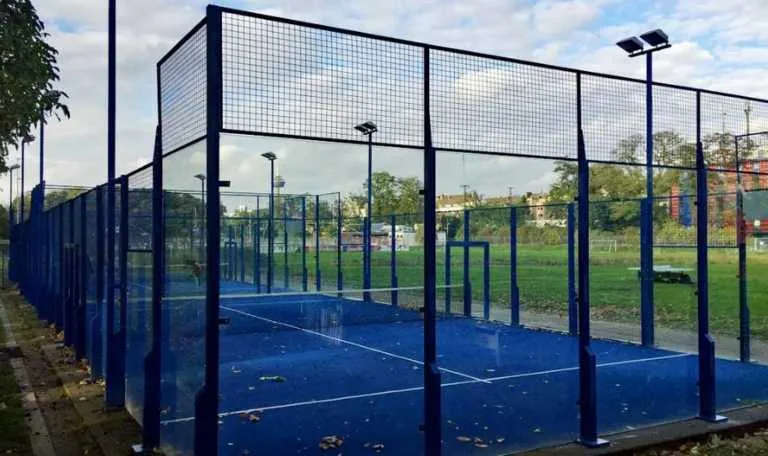

Cost to Build a Padel Court Factory
The rising popularity of padel, a racquet sport that combines elements of tennis and squash, has led to an increasing demand for padel courts worldwide. This has, in turn, fueled the need for manufacturing facilities specializing in the construction of these courts. When considering the establishment of a padel court factory, various factors contribute to the overall cost of building the facility. This article aims to explore these components and provide insight into the financial implications of such an endeavor.
1. Land Acquisition and Site Preparation
One of the primary expenses in establishing a padel court factory is acquiring suitable land. The location should ideally be close to suppliers and easy to reach for logistics purposes. Prices for land can vary significantly depending on the geographic region, proximity to urban centers, and local real estate market conditions. Once land is acquired, site preparation is necessary, which may include leveling, drainage installation, and other foundational work.
Estimated costs for land acquisition can range from $200,000 to over $1 million, depending on the location and size of the desired facility.
2. Facility Construction
The next significant expense involves the actual construction of the factory. A padel court factory requires ample space to accommodate manufacturing equipment, storage for materials, and room for future expansion. Depending on the design and the materials used, construction costs can fluctuate widely. A basic facility might cost around $100 per square foot, while more advanced structures geared toward large-scale production could exceed $200 per square foot. For a medium-sized factory of approximately 20,000 square feet, costs could range from $2 million to $4 million.
The heart of a padel court production facility lies in its equipment and machinery. This includes items such as frame-making machines, glass-cutting tools, and various assembly line tools for constructing the courts. Quality machinery capable of producing durable and high-quality courts is crucial, as the demand for padel courts continues to rise. Initial investments in machinery can amount to between $500,000 and $1 million, depending on production capacity and technological sophistication.

4. Labor Costs
A skilled workforce is vital for the factory’s success. Hiring employees with expertise in construction, engineering, and manufacturing processes will ensure that quality standards are met. Labor costs can vary widely based on the local job market. Moreover, ongoing training programs for staff may be necessary to maintain high manufacturing standards. Depending on the size of the workforce, annual labor costs might range from $300,000 to over $1 million.
5. Utilities and Operational Expenses
The costs to run a manufacturing facility are not limited to initial capital investment. Operational expenses such as electricity, water, waste management, and maintenance also need to be factored in. These ongoing costs can average around $100,000 annually, but this can vary depending on the efficiency of the facility and local utility rates.
6. Marketing and Distribution
Finally, establishing a padel court factory requires a solid marketing and distribution strategy. Costs associated with branding, promoting products, and distributing them to clients also need to be accounted for, which might add another $100,000 to $200,000 in initial costs.
Conclusion
Establishing a padel court factory involves multiple financial considerations, from land acquisition and construction to equipment, labor, and operational expenses. While the initial investment can be substantial, the growing interest in padel presents a unique business opportunity. With careful planning and a clear strategy, investing in a padel court factory could yield significant returns in a thriving sports market.
High-Performance Industrial Flooring Solutions China Paddle Tennis Court for Sale
High-Performance Industrial Flooring Solutions Durable & Cost-Effective
Homogeneous Transparent Floor – Durable & Stylish Rubber Floor Solutions
Premium Homogeneous Transparent Floor for Durable & Stylish Spaces Rubber Floor Solutions
Premium Sports Floor Solutions Durable PVC Sports Floor & Rubber Floor for Gyms
Durable Rubber Composite Floor Premium Rubber Floor & Mats Solutions